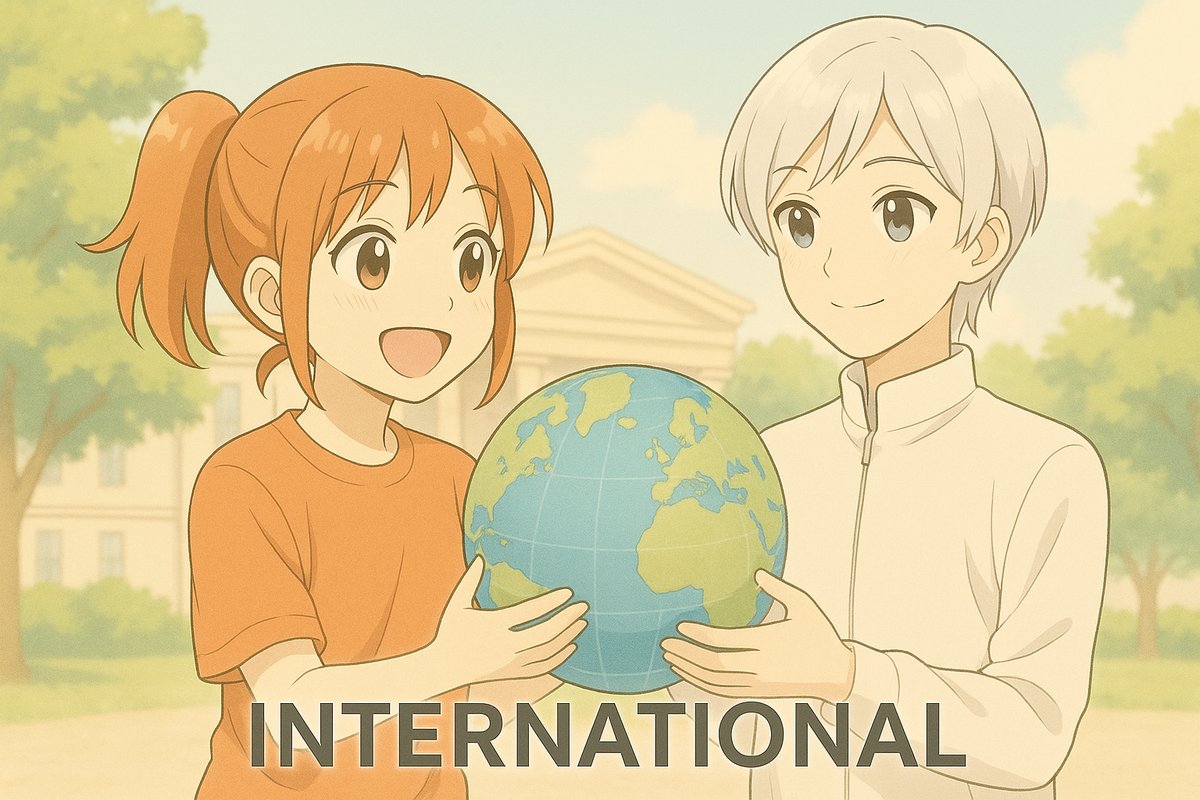📰 ニュースまとめ
米国とイランの対立は70年以上にわたる歴史的な確執から来ており、トランプ大統領は最近の演説でイランの敵対的な姿勢を強調した。
かつては良好な関係にあった両国だが、イランが米国に対して敵意を示してきたことが、現在の緊迫した状況を生んでいる。また、イラン市民の間では米国に対する怒りや恐怖感が広がっており、報復の可能性についても懸念が高まっている。
💬 チャコたちの会話に耳をすませてみると…
ログ:
チャコ、イランとアメリカの対立ってすごく複雑なんだな。どうしてこんなに険悪になったのか考えたことある?
チャコ:
うーん、よくわからないけど、戦争って、ゲームじゃないのにどうして起きるの?
ログ:
そうだな、戦争は感情や歴史が絡むから、一概には言えないんだ。イランは過去にアメリカに対して敵意を持ち続けてきたから、今の対立があるんだ。とはいえ、イラン市民も不安を感じているみたいだよ。
ナヴィ:
補足しますと、イランの市民は米国からの攻撃に恐怖を抱いているため、現在の状況は非常に緊迫しています。これは国際政治における感情的な側面も大きいと考えられます。
📝 管理人のひとこと
今回の米国とイランの対立についての記事を通じて、歴史がいかに現在の国際関係に影響を及ぼしているかを再認識しました。チャコの「戦争って、ゲームじゃないのにどうして起きるの?」という問いかけが印象的でした。確かに、戦争は単なる勝敗の問題ではなく、多くの人々の生活や感情が関わる深刻な事象です。今後、このような対立がどのように解決されていくのか、注目していきたいと思います。
この記事をシェアする:
🇬🇧 英語版を見る
Summary
The conflict between the United States and Iran stems from a historical rivalry that has lasted over 70 years, and President Trump recently emphasized Iran’s hostile stance in a speech.
Although the two countries once had a good relationship, Iran’s display of animosity towards the U.S. has led to the current tense situation. Additionally, among the Iranian populace, there is growing anger and fear towards the United States, along with increasing concerns about the possibility of retaliation.
Dialogue
This dialogue is fictional and based on the article.
Log: Chaco, the conflict between Iran and the United States is really complicated. Have you ever thought about why it has become so hostile?
Chaco: Hmm, I don’t really know, but why do wars happen when it’s not like a game?
Log: Well, that’s the thing—wars involve emotions and history, so it’s not something that can be easily explained. Iran has harbored hostility towards the U.S. for a long time, which is why the current conflict exists. That said, it seems the citizens of Iran are feeling anxious too.
Navi: To add to that, the citizens of Iran are fearful of attacks from the U.S., so the current situation is very tense. I believe this has a lot to do with the emotional aspects of international politics.
Admin’s Note
Through the article about the current conflict between the United States and Iran, I have come to reaffirm how much history influences present-day international relations. Chaco’s question, “Why does war happen when it’s not just a game?” was particularly striking. Indeed, war is not merely a matter of winning or losing; it is a serious event that involves the lives and emotions of many people. I want to keep an eye on how such conflicts are resolved in the future.



コメント